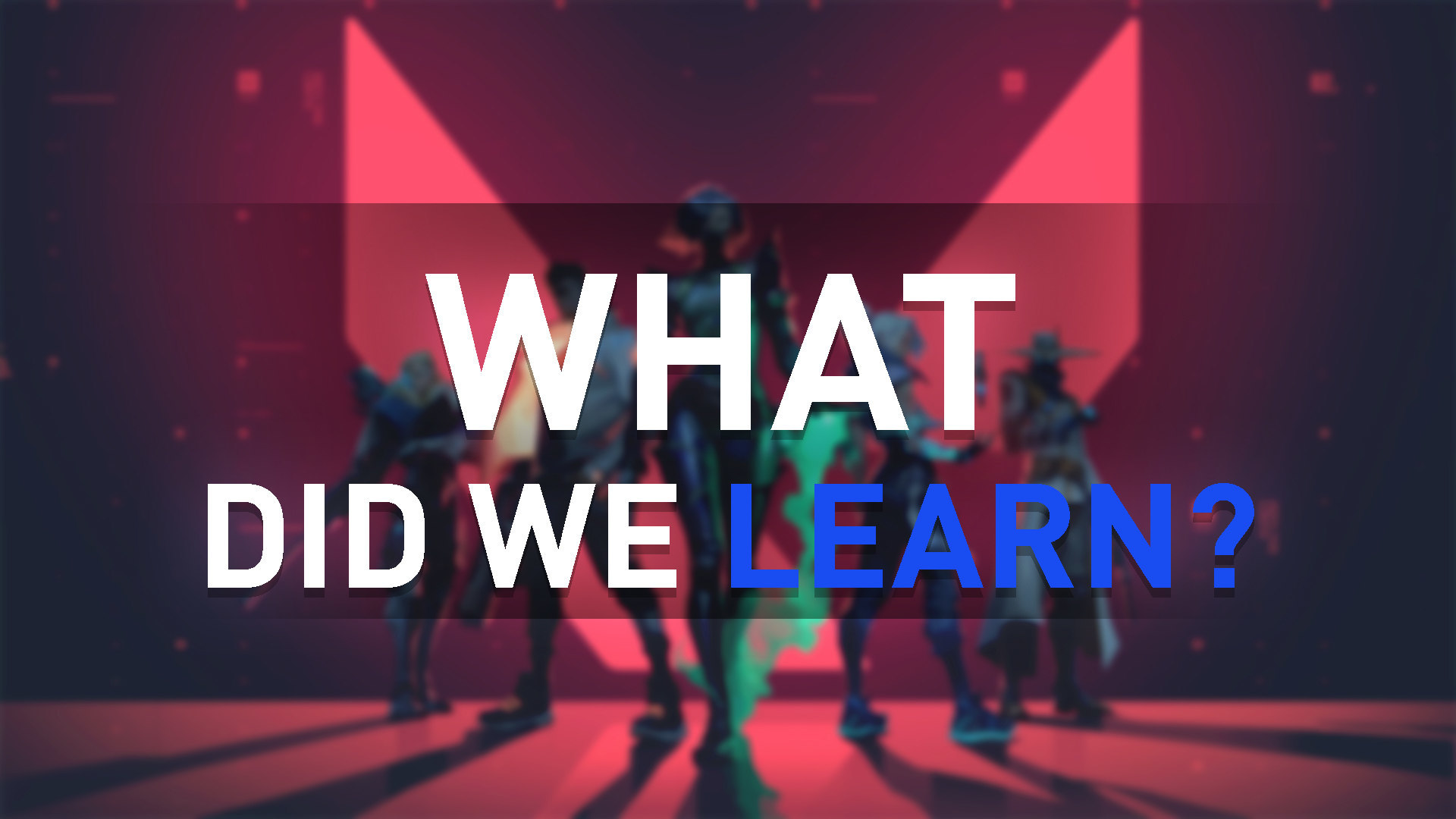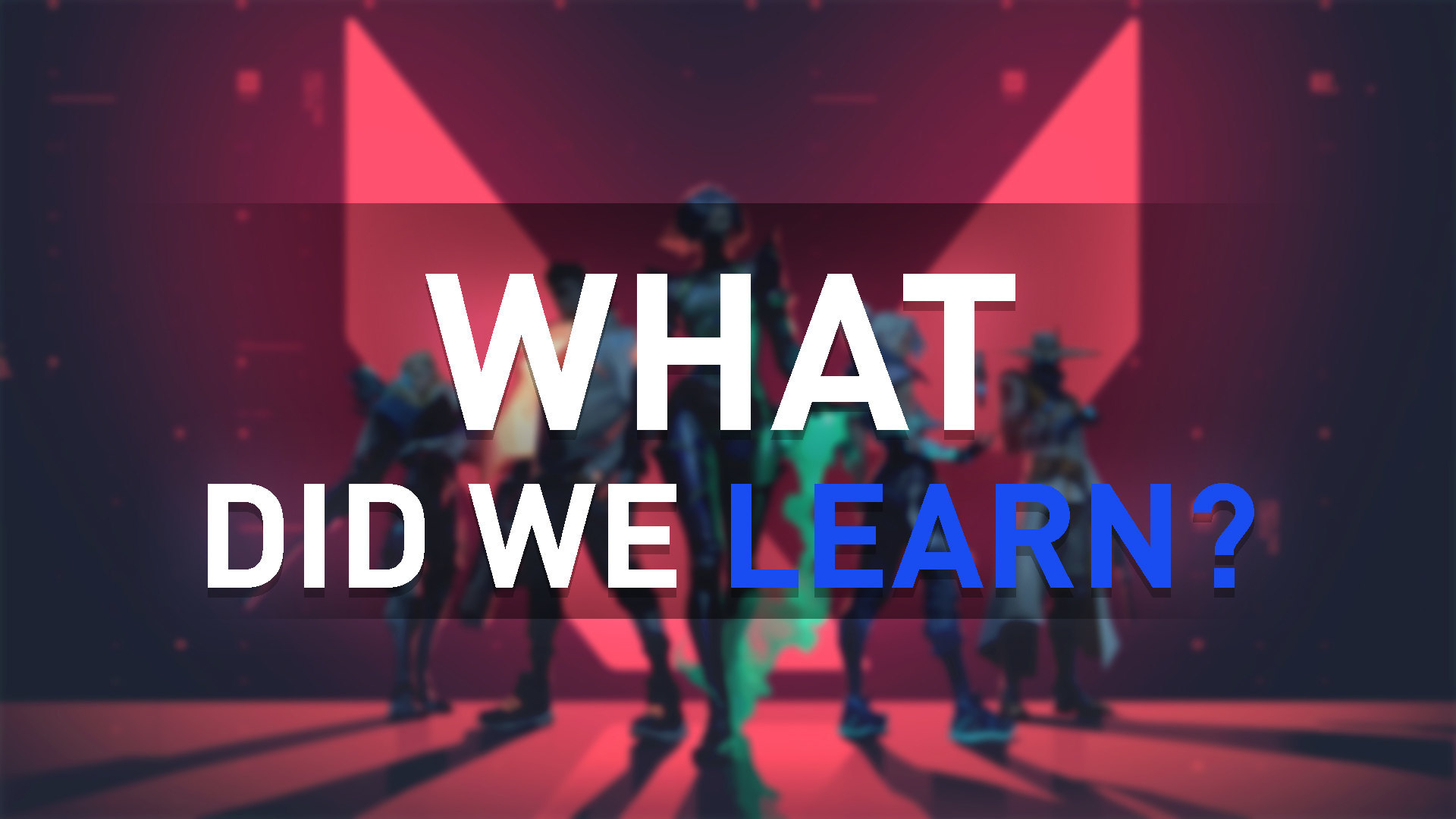
The incredibly popular Valorant Closed Beta came to a close as servers went offline this morning. Don't expect to be playing games for a good couple of days. So, what have we learned?
The good, the bad and the ugly
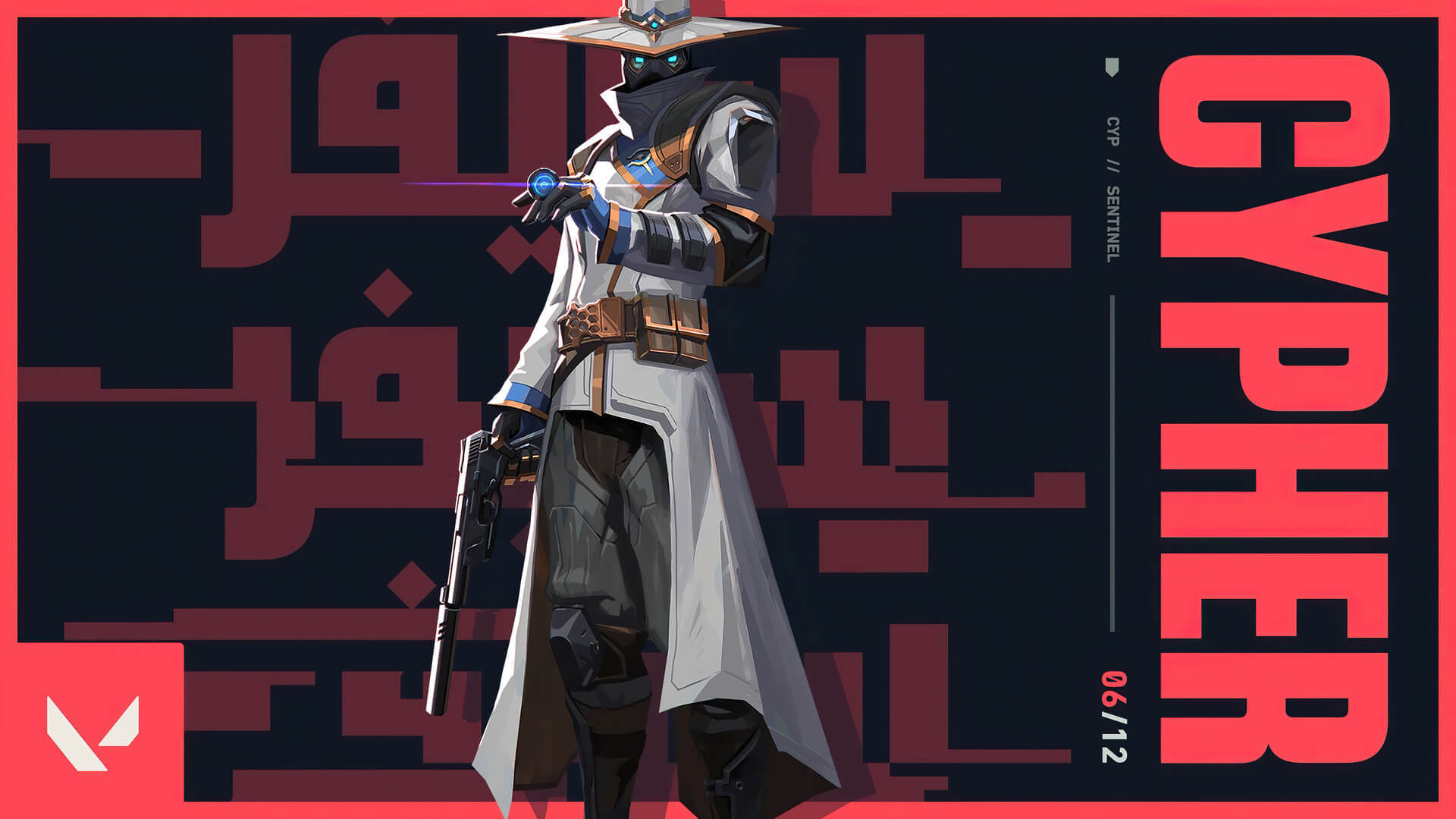
I'd like to take the time to reflect on what a hurricane the Valorant Closed Beta has been, both for esports and for Riot Games as a company. If you didn't know, Riot Games was a company known for only creating the on-going popular MOBA success, League of Legends. Little did we know they had multiple intellectual properties, one of which would take the gaming and esports industry by storm, in what was only a beta.
- READ MORE: Valorant is Riot Games' new FPS
I made two mentions of natural events, hurricanes, and storms because that's what Valorant was. Let's begin with the unveiling of Valorant, shall we?
The good
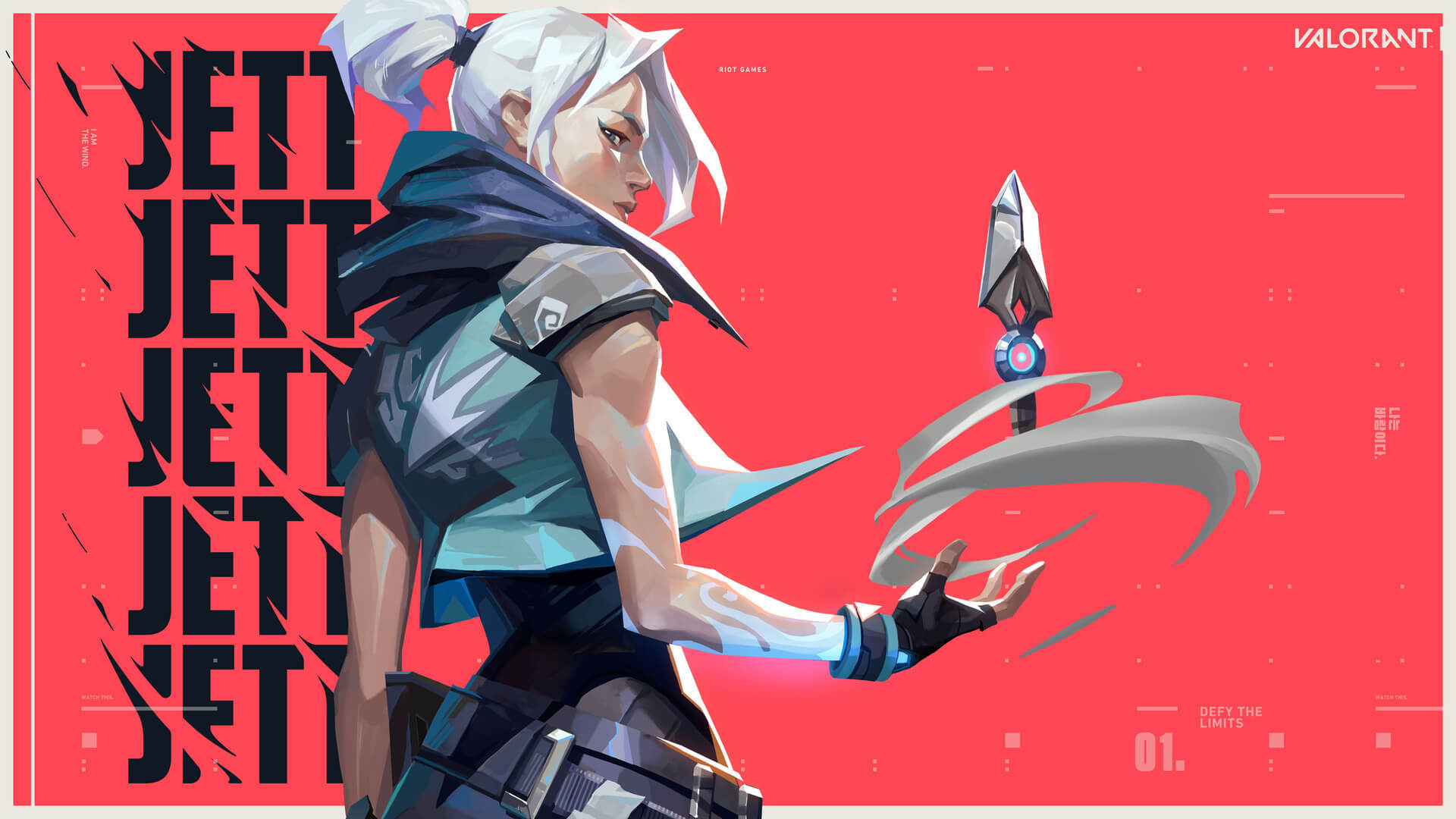
Valorant was first teased under a tentative title called Project A in 2019, with Valorant officially being announced on March 1, 2020, with, at the time, a single gameplay video on YouTube called The Round.
League of Legends fans watched in curiosity, CS:GO fans jumped for joy, and Overwatch fans watched in terror, as yet another game was coming for the esports industry. What followed was excitement and immediate comparison with Valve's Counter-Strike: Global Offensive, which is to be expected, as one of the game designers, is Salvatore Garozzo, a former professional player and map designer of Counter-Strike: Global Offensive, and Moby Francke, a former Valve developer, who was an art and character designer for the wildly popular Half-Life 2 and Team Fortress 2.
- READ MORE: Are Valorant maps badly designed?
Comparisons aside, people were excited. Esports organizations were watching in anticipation to see whether this was a game worth investing in, betting money on, becoming something popular. What followed was something unprecedented, which will be discussed further down.
This was a bold, brave, and good move from Riot Games, who was really going into uncharted territory here, considering the fact they've only been developing a single game for a decade now. Nervous fingers from Riot Games eventually turned the power on for the Public Beta. Plans for a press preview had been rightly canceled due to COVID-19, so everything was in suspense for Riot, not knowing if the game was going to be a massive hit or a flop.
On the first day of its beta launch, Valorant took the second place by number of concurrent viewers for any game ever on Twitch, with over 1.7 million viewers tuning in across dozens of streams.
One of the most fun tactical shooters I've played" - Austen Goslin (Polygon)
The only other game that has seen more views than that is Riot Game's' very own League of Legends, who's viewership peaked at 1.73 million views during the 2019 World Championship finals. This was unlike anything anyone had ever seen, and the excitement continued to grow until its bursting point when they started to officially let the public into the beta. This is where things got bad.
The bad
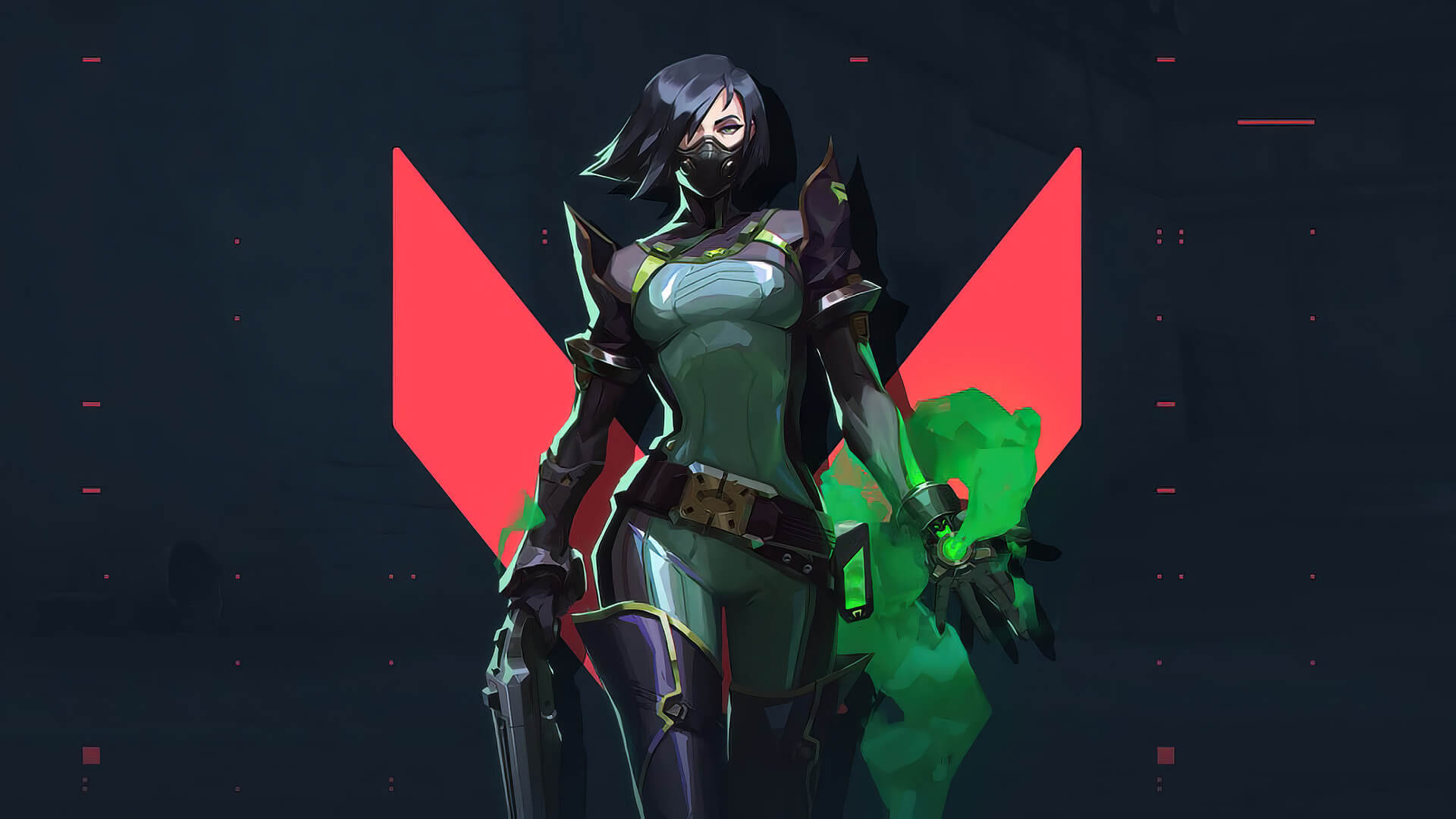
The excitement was at an all-time high, with the Valorant Closed Beta beginning on April 7, 2020. Riot Games then unveiled how the users should sign up, to attempt to get into the fresh FPS. To obtain a beta access key, players were required to sign up for accounts with Riot Games and Twitch, for a chance to be gifted one.
And it was a disaster.
Frustrated players were watching, quite literally, their Twitch pages, to wait for the notification that they've been accepted into the beta. Hours passed, days passed, and at some extremes, weeks had passed without getting a key.
The players were angry.
While key Twitch influencers had been given keys from Riot Games PR beforehand, the Twitch drop rates were beyond ridiculous, with some individuals having several Twitch tabs open at one time, in an attempt to improve their odds of getting that Valorant Beta drop.
What was once fascination, turned into frustration and quickly turned into FOMO (Fear of missing out). Riot Games was in full damage control, with countless Tweets, videos, and updates about the drop-rate situation that only happened after a continuous outcry from the public. It was quite simply one of the biggest PR disasters Riot Games has ever had, especially when its a brand new IP.
The ugly
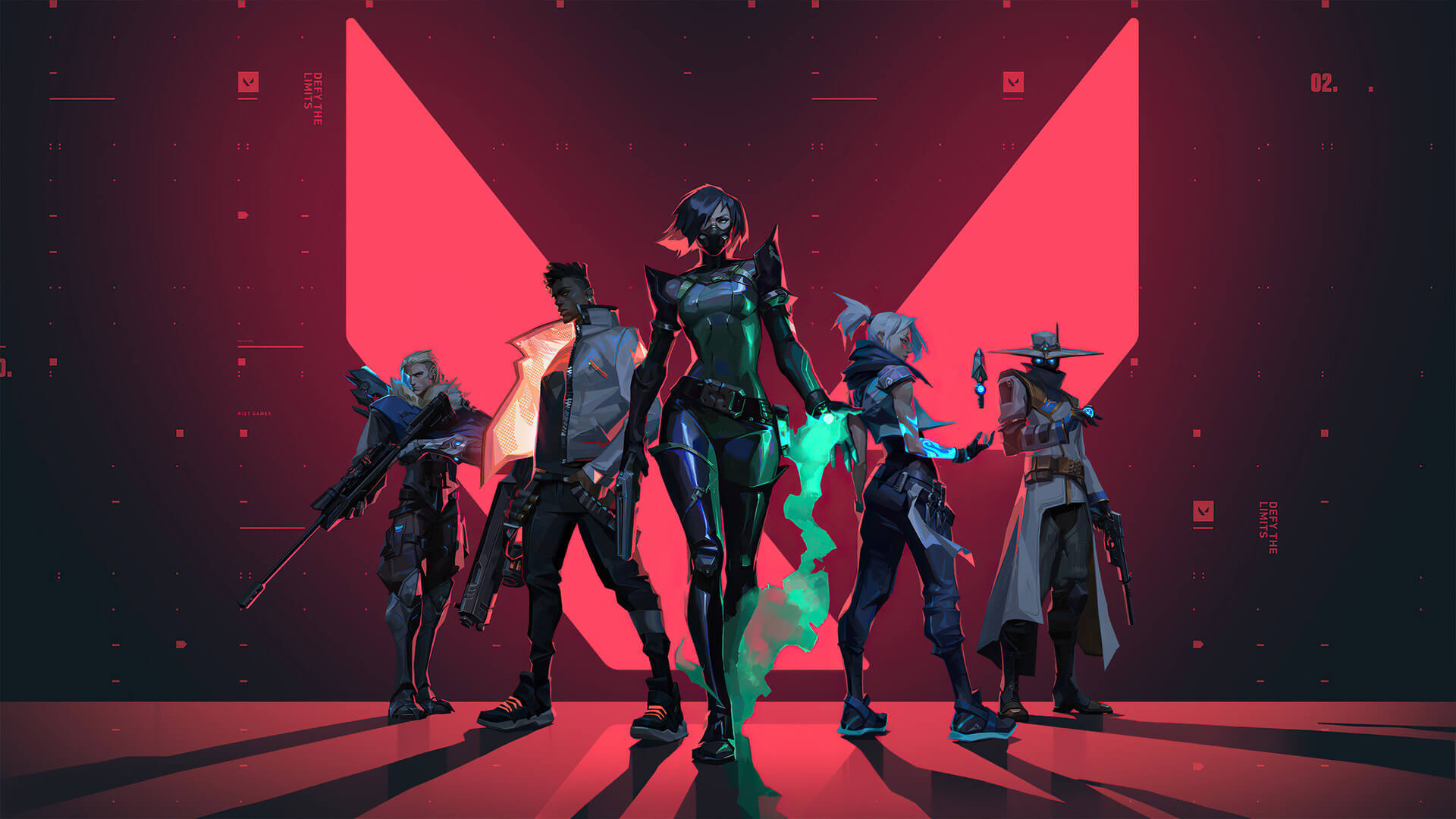
With the Valorant Beta in full swing very quickly, a rather serious security issue was arising within the general public. Fans and players noticed that Riot Games' new Anti-cheat software, Vanguard, was revealed to be running on a kernel driver, which could allow access to the individual user's computer system entirely.
To add fuel to the fire, many redditors and some media outlets readily pointed to the fact that Chinese technology giant Tencent owns Riot Games, boosting conspiracy theories about the conglomerate spying Valorant players on behalf of the Chinese government. Tencent could, in theory, spy and use the data, and the mere fact that Vanguard runs in kernel mode was enough to cause controversy. The ordeal was so serious that Riot Games launched a bug bounty program, rewarding anyone who can demonstrate vulnerabilities with the software.
So, what did we learn? Well, a personal note I'm making is that Valorant will become a massive esports game, just like its big brother League of Legends. Within its Beta alone, bad and ugly problems, bugs, and fixes aside, it was a massive success, so much so, professional esports players from completely different games are retiring from them to join unannounced Valorant teams.
Valorant officially launches June 2, 2020. Will you be playing?






























